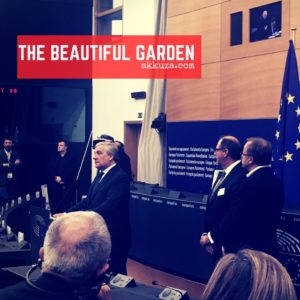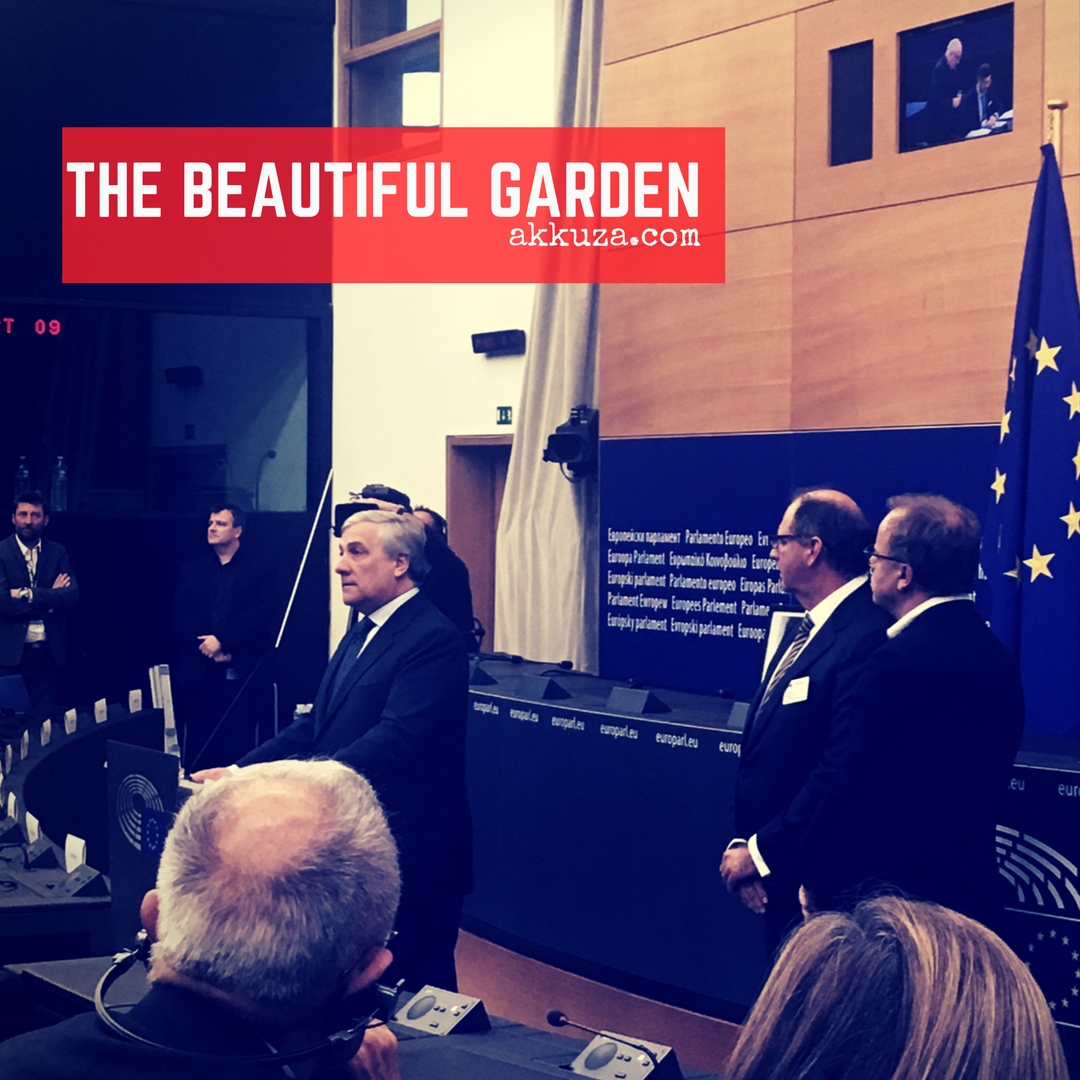
The atmosphere at the European Parliament this Tuesday was surreal to say the least. Not being too familiar with the building I arrived just as the debate on the Rule of Law in Malta had kicked off and took a seat hurriedly in the visitor’s balcony. Just as I started to take in the different speeches I noticed that I was seated a couple of seats away from Daphne’s family and the whole business took a wholly different perspective.
It was inevitable that different agendas would be pushed during such a debate. It was, as predicted, a repeat of the Pana Committee meetings with many deputies intent on taking advantage of this moment of weakness of the Maltese state in order to peddle their usual attacks on the island nation’s fiscal policy. Politics is politics and it would be too much to ask of all the deputies in the house to stick to the agenda at hand. Probably.
I felt very ill at ease though, for every other thirty seconds Daphne’s name was brought up. Whether it was to bolster an argument regarding the state of the rule of law in Malta or whether it was to harp on that spurious link between a legitimate fiscal policy and an atrocious cold-blooded murder, those three words would be repeated and would rebound along the walls of the Hemicycle. Each time I heard the name I did not dare look at Daphne’s family but I could not help wonder how awkward all this might seem, how distant from the warmth of a mother and a wife. True, we were there also because of what had happened and yet the way most politicians took over the name and memory of the recently departed did not seem right.
The weak respects jarred mostly in the mouths of those who could barely hide their contempt towards the very fact that we were there in that room, discussing the failure of a society and not only the failure of law and government. They went through the motions expressing regret for Daphne’s sudden departure though it sounded as convincing as a note of apology by the Transport Authority whenever the buses run late.
It was painful. Painful for me as a mere outsider who quite readily admits to having had strong differences of opinion with Daphne throughout the last years and who refuses to succumb to the temptation of creating false hagiographies. In fact I am quite happy to be clear that I did not find Daphne and her work to be perfect. Far from it. It is like stating the obvious. Somehow though I feel that it makes my case for demanding respect for her work all the stronger. Above all it puts the moment in perspective – there is an institutional crisis that led to a journalist being killed while doing her work and without any doubt because of the work she was doing. Daphne was killed with impunity because, in the words of her husband, she mattered.
The institutional crisis, the social deficit, predates Daphne’s assassination. The battle against the rot definitely predates Daphne’s assassination. The warning signs predate Daphne’s assassination. The side of Daphne that we want to remember and be inspired by is the one that was so ably described by her husband. It is the one who aspired to beauty in a world that she saw (as did many others) turn uglier by the minute. Before the situation became desperate it had already turned ugly. So ugly that it rendered others cynical. So ugly that many lost hope.
This is not about a sanctification of a person. This is about continuing the work that Daphne excelled in and that others too worked hard for with different results. The inspiration we should and must take is the Beautiful Garden. We should each build our own little garden and start to expand that slowly until the gardens take over.
The gardens are our hope, our courage, our future.
“But Daphne never grew cynical; she grew outraged and appalled by the increasingly sordid and frightening facts that emerged from her work. The more frustrated she grew at the state of our country, the more beautiful our garden became, the more trees she planted, the more books, art, ornaments and curiosities from all over the world arrived at our home. Daphne created, in the words of one of my sons, a parallel world of beauty in a country that slipped further and further away from European values and norms of behaviour which she held so closely. Meanwhile, Daphne’s work never slowed. With every story she broke, particularly about the money laundering network with links deep and wide connecting many of Malta’s political and business elite, her readership grew larger and more loyal.” – Peter Caruana Galizia

